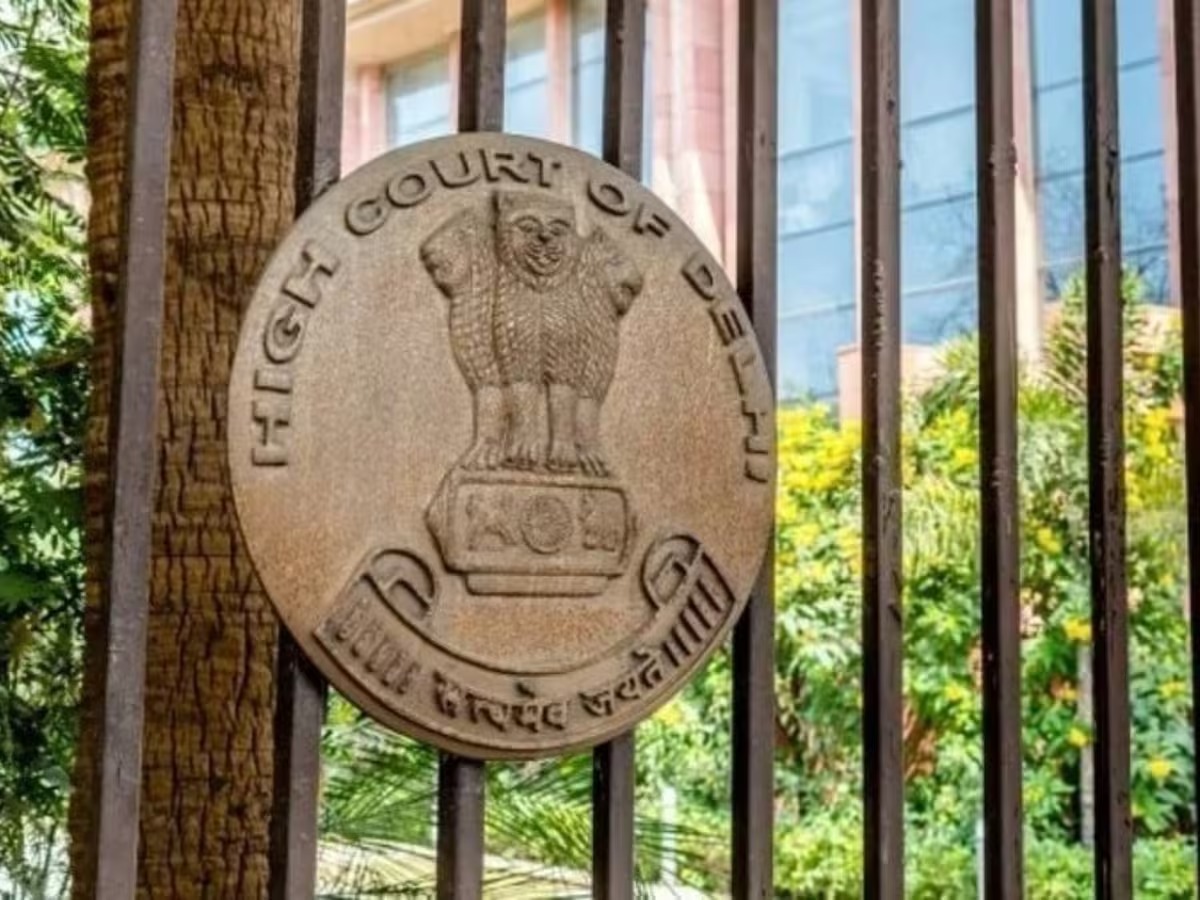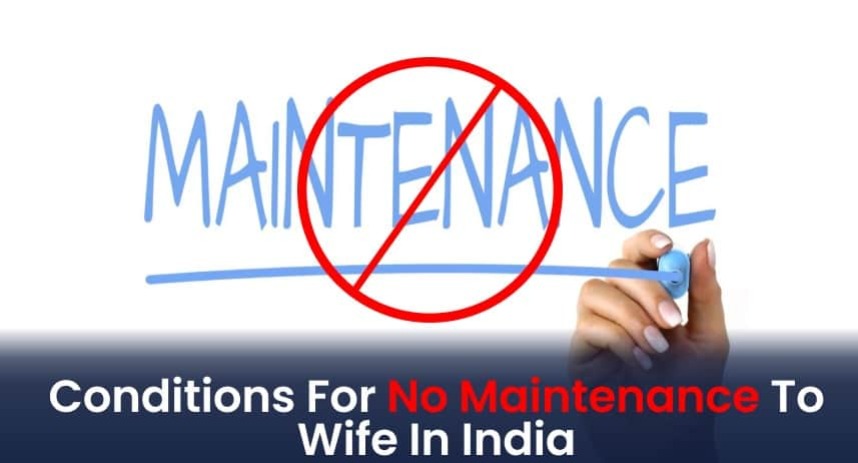@JUDGMENTTAG-ORDER
T.N.C. Rangarajan, J.
The facts stated by the Tribunal are that the non-resident company, Koya Seiko Ltd., entered into a collaboration agreement dated 14-10-1963 with the Andhra Pradesh Industrial Development Corporation Limited for assisting Andhra companies in the project programme of establishing a bearing factory in India. The agreement provided for payment of a technical fee, payment of royalty as well as payment of fee for preparing a project report.
The only point in dispute was with reference to the taxability of the technical fee which was received for parting with the know-how of the Japanese company. The Tribunal found that the Japanese company had to supply drawings and data on contracted projects and thus share a secret process for a period of agreement which was for 9 years. Since the Japanese company which had exclusive knowledge, lost part of it in India, the fee received as compensation was a capital receipt and could not be taxed in India. The Tribunal also found that as far as service rendered by the technicians deputed to India are concerned, they were paid separately and in fact, no services were rendered in India with reference to the earning of the technical fee. On these facts, the following question was referred :
"Whether, on the facts and in the circumstances of the case and on a proper construction of the terms of the collaboration agreement, the Tribunal is right in law in holding that no part of technical assistance fee received is taxable in the assessees hands?"
2. It may be noted that this question arises only for assessment years 1966-67, 1971-72 to 1975-76 and 1978-79. The Tribunal itself noted that in respect of assessment years 1977-78 and 1978-79, the question was covered by the provisions of section 9(1)(vi) of the Income Tax Act, as inserted by Finance Act, 1976. For the assessment year 1978-79, the revenue has conceded the matter on the ground of jurisdiction and hence this question is academic for that assessment year.
3. The learned standing counsel for the revenue relying on the decision of the House of Lords in Rolls-Royce Ltd. v. Jeffrey (Inspector of Taxes) (1965) 56 ITR 580, submitted that even a secret process can be exploited by parting with some process in another country where the owner of the secret process cannot by himself carry on the trade and, therefore, that should be taken as a revenue receipt. He further pointed out that the judgment of a Division Bench of Gujarat High Court in
4. On the other hand, the learned counsel for the assessee relying on the decision of the Supreme Court in
5. u/s 4 of the Income Tax Act, there is charge on the total income which is defined in section 5 of the Income Tax Act as including deemed income. Section 9 of the Income Tax Act defines deemed income, as all income accruing or arising whether directly or indirectly in India. It includes the transfer of capital asset situate in India, but not outside. We are concerned with article 2 of the agreement which is as follows :
"Koyo hereby undertakes to grant to Andhra technical assistance for the manufacturers of Contracted Products including the release of patent processes and technical data necessary to enable Andhras Bearing Plant to reach smoothly its full capacity and to produce bearing of good quality. Koyo shall also give Andhra the following technical collaboration;
Data and advice on the establishment of the factory for the manufacture of Contracted Products.
Lists, machinery and equipment necessary for the manufacture of Contracted Products, gauges jigs and tools and plan of arrangement;
All the detailed specification of machinery and equipment and names of suppliers of the said machinery and equipment in Japan and other countries to enable Andhra to call for tender for procurement of the said machinery and equipments Koyo will also be eligible to participate in tenders for whatever items possible, if so required by Andhra. Koyo will assist Andhra in the studies of various tenders received by Andhra. Before placing final orders for said machinery and equipment prior approval of Koyo shall be obtained by Andhra.
Guidance in the operation of the machinery and equipments as mentioned in the above clause, and furnishing Andhra with data relating to the operation.
Drawing and data on Contracted Products, gauges, jigs and tools necessary for the Contracted Products.
Despatch of adequate number of experienced Koyo engineers and technicians to India for supervision of erection of machinery and equipment and general technical guidance in the manufacture of Contracted Products. The number of technicians and the duration of their stay in India and the payment of their expenses will be settled by service agreement which will be decided mutually between Andhra and Koyo.
Koyo will assist in the recruitment and training of Indian engineers and technicians in Koyos factories in Japan. The number of trainees, the length of stay in Japan and the type of training will be effected by mutual agreement between Andhra and Koyo.
6. The question is whether this agreement and the obligations taken by the Japanese company amount to sale of the know-how or receipt of a fee for rendering service in India. The Tribunal has found that there was only a sale and no service was rendered in India. The learned standing counsel for the revenue pointed out that some of the clauses relate to general supervision in India, but such supervision was to be rendered by the technicians who were separately remunerated. Therefore, the only inference that is possible is that the know-how was transferred in Japan by providing data relating to the products to be manufactured and what was received was as a lump sum, though in instalments, and a capital receipt.
7. The learned standing counsel for the revenue, however, submitted that the Japanese company must be taken to be exploiting all its secret knowledge indirectly by receiving this amount and it should be taken as a part of its profits. He relied on the decision of the House of Lords in the case of Rolls-Royce Ltd. (supra) and stated that was the case where it was found that the company has not lost its know-how unlike a case where the know-how is completely sold and therefore, it was inferred that what was received was part of its selling profits. In other words, the asset that was parted with was equated with stock-in-trade.
8. The learned counsel for the assessee has drawn our attention to the observations of Romer, L.J., in the case of Handley Page v. Butterworth 19 STC 328 which is as follows :
"The secret knowledge is as much his capital asset as is the patent monopoly the capital asset of the patentee, and, like the patent, he can use that capital asset in either or both of the following ways; he can himself carry on the secret process or he mayit is very seldom done owing to the obvious danger involvedgrant a licence to a third person to carry on the secret process, securing himself against his secret process being divulged by that third party to others. In both these cases the profits he derives from carrying on the secret process himself and the royalty he might derive from the licence would be annual profits or gains within the meaning of the Schedule-D. But, supposing he sells his secret process, or supposing, as here, he surrenders his quasi monopoly by making it public to the world, then I say that, if he gets paid for doing either one or the other of those things, the money he receives in payment is a capital asset".
9. We find that this distinction has been recognised by the department itself when the provisions of section 9 of the Income Tax Act were amended by a Finance Act, 1976. In explaining the excluding of a source rule for Royalty, the memorandum explaining the amendment, stated as follows :
"A non-resident taxpayer is chargeable to tax in India in respect of income by way of royalty which is received or is deemed to be received in India or which accrues or arises or is deemed to accrue or arise in India. The Income Tax Act, however, does not contain any definition of the term "royalty" nor is there any clear cut source rule specifying the circumstances in which royalty income can be regarded as accruing or arising in India. Further, lump sum payments made for the supply of know-how is supplied from abroad and the payment therefore is made outside India even though the know-how is used in India, if no part thereof is attributable to any service rendered in India".
10. As pointed out by the Tribunal, collaboration agreements are generally vetted by the Central Government and the bifurcation of the amount paid into a capital part for parting with the know-how and revenue part by way of royalty for use of the patents and licences have been recognised. We do not think that the department can try to convert the capital part into revenue part unless it can clearly be established that services were rendered in India, for which portion sub-clause (vii) has been specifically introduced in section 9(1) of the Income Tax Act.
11. In the present case, in view of the finding of the Tribunal that no services were actually rendered in India and no technical fee can be attributed to that clause, we agree with the Tribunal that the amount received as technical fee was only a capital receipt for sale of technical know-how abroad and, therefore, not taxable in India.
The question, therefore, is accordingly answered in the affirmative and against the revenue.

